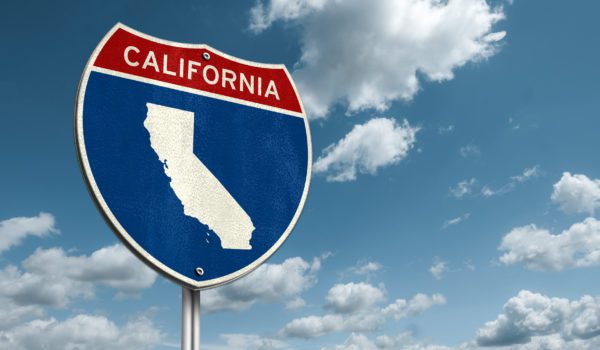National Pork Producers Council v. Ross, 143 S. Ct. 1142 (May 11, 2023)
In National Pork Producers Council v. Ross, the U.S. Supreme Court affirmed the authority of states to regulate the sale of products within their borders in the face of challenges under the dormant Commerce Clause that those regulations burden producers of those products in other states.
California adopted a ballot initiative known as Proposition 12, which forbids the sale in California of pork that comes from breeding pigs and their immediate offspring that are confined “in a cruel manner.” Cal. Health & Safety Code § 25990(b)(2). Proposition 12 defines confinement as “cruel” if it prevents the animal from “lying down, standing up, fully extending [its] limbs, or turning around freely.” Id. § 25991(e)(1).
Two groups of pork producers operating outside California sued to enjoin enforcement of Proposition 12 against them. The producers argued that Proposition 12 unconstitutionally interfered with business operations outside California in violation of the dormant Commerce Clause. The U.S. District Court for the Southern District of California dismissed the producers’ lawsuit for failure to state a claim, and the U.S. Court of Appeals for the Ninth Circuit affirmed.
In an opinion by Justice Gorsuch—which included only a plurality of the Court for some key sections—the Supreme Court also affirmed. The Court held that Proposition 12 was not “designed to benefit in-state economic interests by burdening out-of-state competitors” and thus did not violate the core anti-discrimination concern of the dormant Commerce Clause.
The Court acknowledged that laws like Proposition 12, which do not facially discriminate against out-of-state economic competition, may nevertheless violate the dormant Commerce Clause if the burdens imposed on interstate commerce are clearly excessive in relation to the putative local benefits. But a majority of the Court did not agree as to why Proposition 12 passed the test for facially nondiscriminatory laws.
In a portion of the opinion joined by Justices Thomas and Barrett, Justice Gorsuch explained that the Court simply could not compare the benefits of animal welfare with the burdens on interstate commerce because the “competing goods are incommensurable.” The choice, therefore, should be left to the democratic process.
In a portion of the opinion joined by Justices Thomas, Sotomayor, and Kagan, Justice Gorsuch explained that the petitioners had failed to “plead facts plausibly showing that a challenged law imposes ‘substantial burdens’ on interstate commerce.” Applying the pleading standard first set forth in Bell Atlantic Corp. v. Twombly, 550 U.S. 544, 127 S.Ct. 1955 (2007), these justices concluded that the alleged harm to interstate commerce was too speculative to survive a motion to dismiss.
Chief Justice Roberts, joined by Justices Alito, Kavanaugh, and Jackson, dissented. The chief justice concluded that the petitioners had plausibly alleged a substantial burden on interstate commerce and that courts are capable of, and sometimes must, balance seemingly incommensurable interests.
Key Takeaways
- Courts will begin an analysis of dormant Commerce Clause challenges by examining whether the state law at issue discriminates against out-of-state economic activity. A party challenging a law that does not on its face discriminate against out-of-state economic activity will need to plead, in detail, how the law burdens interstate commerce.
- Although a majority of the Supreme Court still believes that courts are up to the task of comparing “incommensurable” interests, such as animal welfare and economic values, parties challenging laws under the dormant Commerce Clause should explain how a court can make a meaningful comparison.
Want more U.S. Supreme Court coverage?
Explore the full wrap-up and analysis from our Appellate Practice Group on the most consequential rulings for businesses and industries during the 2022-2023 U.S. Supreme Court term.

